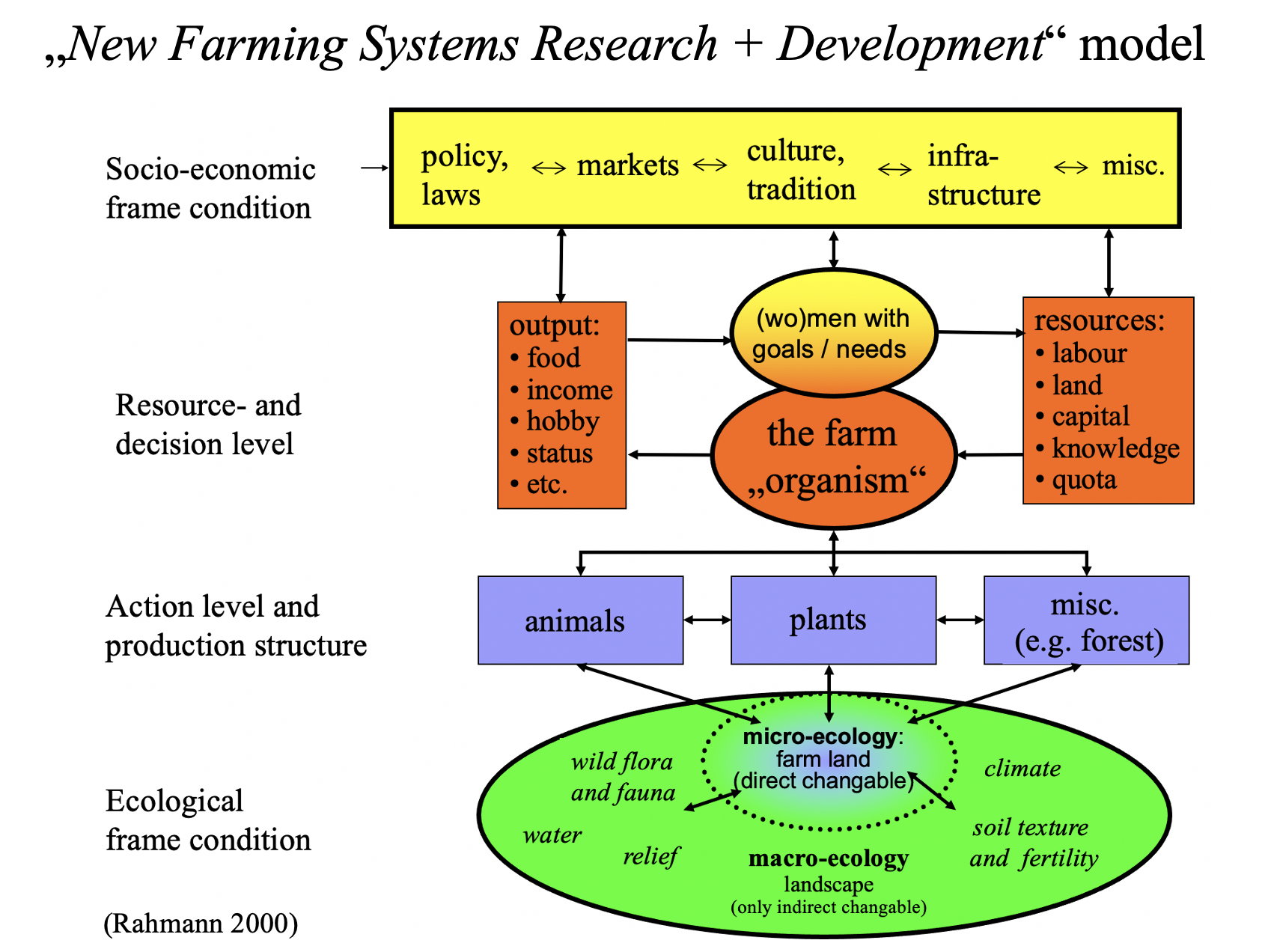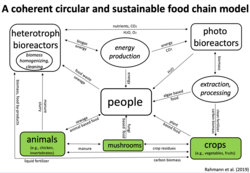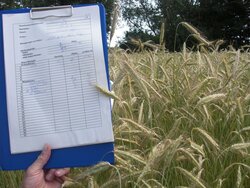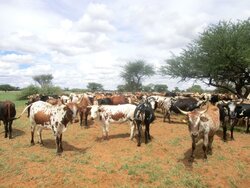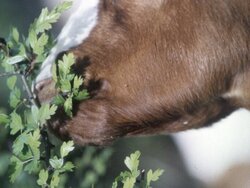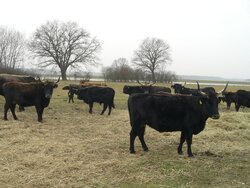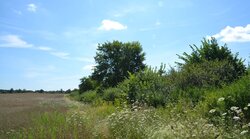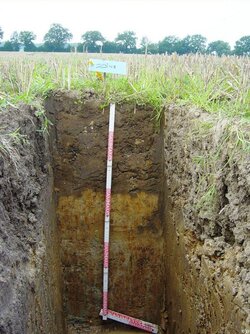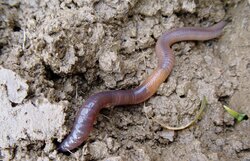Research on agroecology evaluates agricultural systems from a holistic perspective and complies with the FAO's definition of agroecology (http://www.fao.org/agroecology/home/en/). It not only includes biodiversity but explicitly takes into account the people who design and maintain agricultural systems.
All over the world, agricultural systems are constantly being created that come close to, or even go beyond, the core objectives and approaches of organic farming. In organic agriculture research, they are not certified because of deviations from the standards and are therefore not researched. Exciting approaches are empirically, experimentally or in literature research scientifically processed and evaluated in their importance for organic agriculture. The aim is also to provide impulses for the further development of organic agriculture in Germany and elsewhere in the world. Examples have already been worked on permaculture (horticulture; Mollison & Holmgren 1990), holistic management (grazing methods in dry savannahs; Savory & Butterfield 1988), novel food systems (insects, algae, "artificial" food, aquaponics; Rahmann et al. 2020), urban agriculture (urban environment; Stierand 2008) and contract nature conservation (Europe; Rahmann 2000).

![[Translate to English:] [Translate to English:]](/media/_processed_/8/e/csm_Bildschirmfoto_2021-03-03_bearb_fc48ac88bf.jpeg)
![[Translate to English:] [Translate to English:]](/media/_processed_/8/e/csm_Bildschirmfoto_2021-03-03_bearb_ba3ec0e9d7.jpeg)
